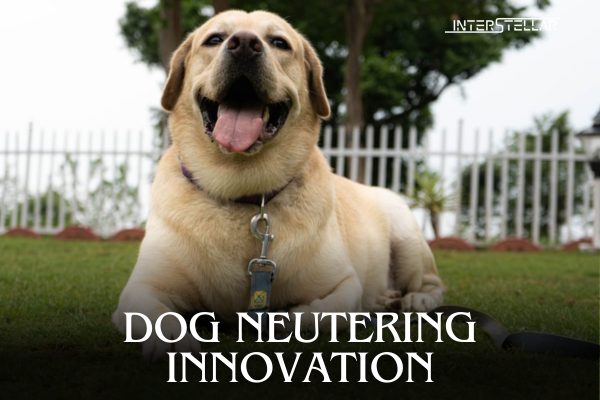New Reversible Dog Neutering Vaccine Offers a Safe Alternative for Dogs
Findley, a small white and brown Chilean terrier, recently became one of the first dogs to experience a groundbreaking, non-surgical method of neutering via a reversible dog neutering vaccine. The procedure, carried out at his home in Santiago, was remarkably simple—just an injection that took only moments. Findley received treats during and after the process and soon returned to his normal playful self, with no signs of discomfort.
How the Immunocastration Vaccine Works
The new method, called Egalitte, is an immunocastration vaccine that eliminates the need for surgery. Developed by Leonardo Saenz, a veterinarian and professor at the University of Chile, the vaccine works by blocking the hormone responsible for reproduction. This blockage prevents the release of gonadotropin, halting the production of sexual hormones and inducing a state of castration in the animal.
The injection-based treatment is suitable for both male and female dogs, providing a reversible alternative to traditional surgical neutering. According to Saenz, the vaccine could help neuter animals on a larger scale since it is far less invasive than surgery. “An injection is a lot easier and you can vaccinate a larger number of animals if you need to do reproduction control,” Saenz explained.
A Simpler and Reversible Neutering Option
The vaccine costs around 50,000 Chilean Pesos ($54) and requires a veterinarian’s prescription and evaluation to confirm that the dog is a suitable candidate. The main appeal of this method is its simplicity and reversibility, making it an attractive option for dog owners like Tamara Zamorano, Findley’s owner.
“With traditional castration, we were a little afraid,” Zamorano said. “Aside from being simple, it’s reversible, so if we want to breed him when the time is right, we can.”
Expanding the Reach of Pet Neutering
This non-surgical option could make a significant impact on controlling the pet population, particularly in regions where access to veterinary care is limited. The straightforward nature of the procedure, combined with its reversibility, could encourage more pet owners to consider neutering their animals without the fear of permanent changes.
After his quick injection, Findley showed no signs of distress. Although he squirmed a little during the procedure, he quickly recovered, happily licking the veterinarian’s hand and resuming his day as usual.
This innovative vaccine promises to make neutering safer, simpler, and more accessible for dogs worldwide, offering a new solution for pet owners looking for an alternative to traditional surgical methods.





